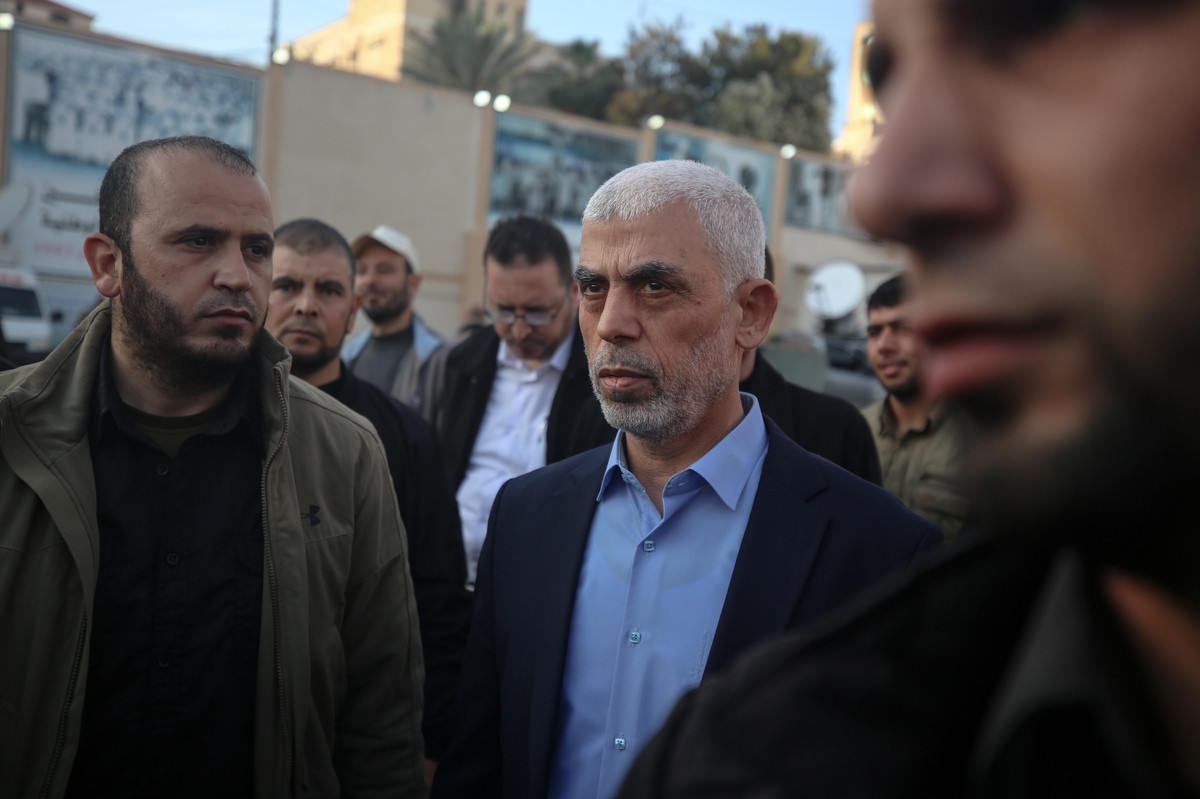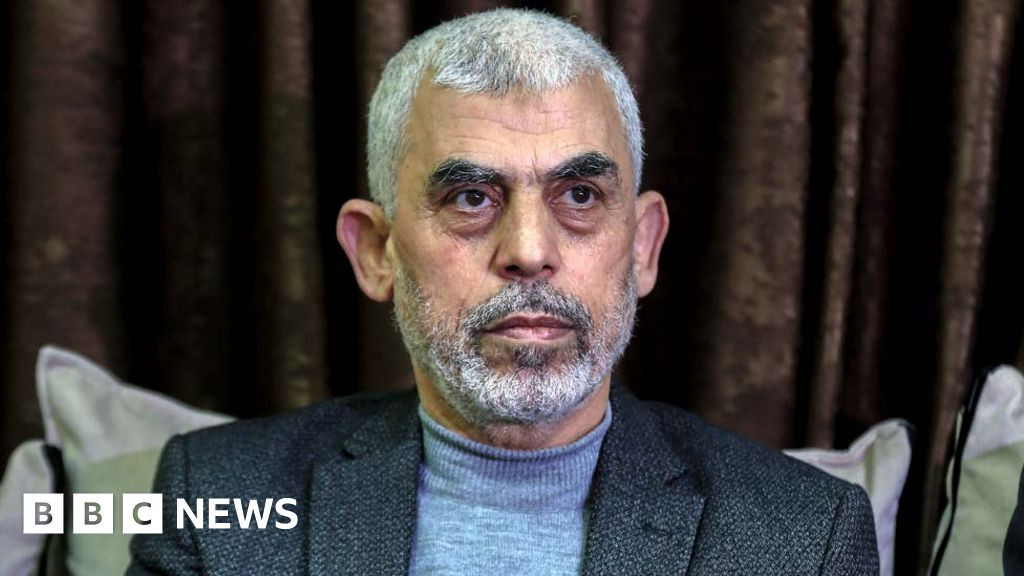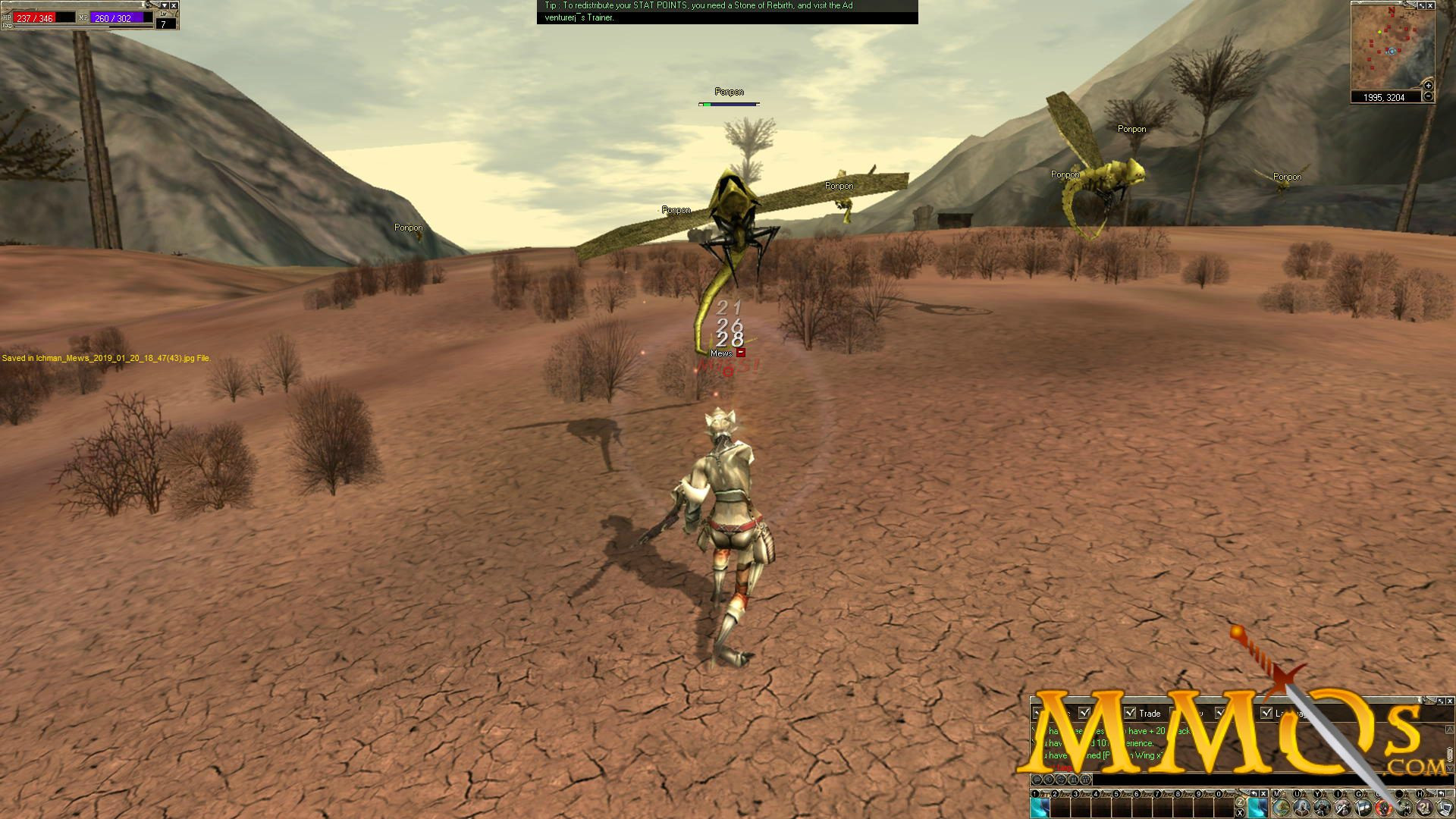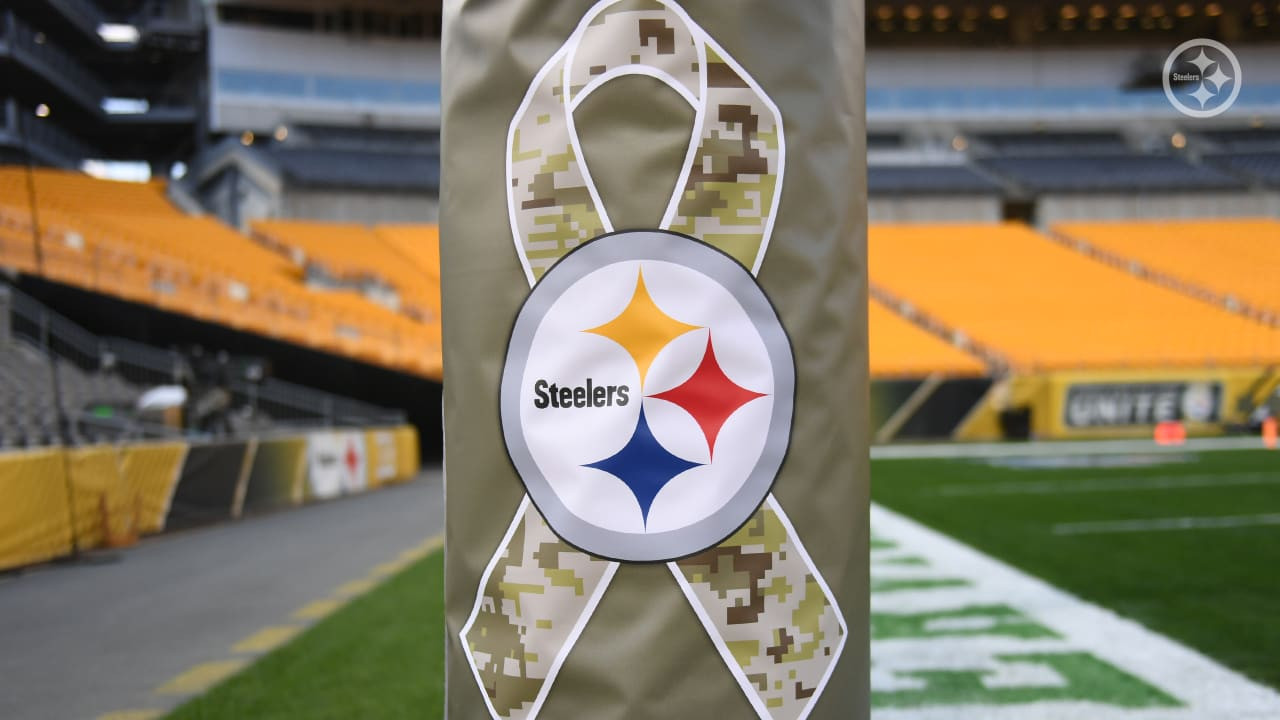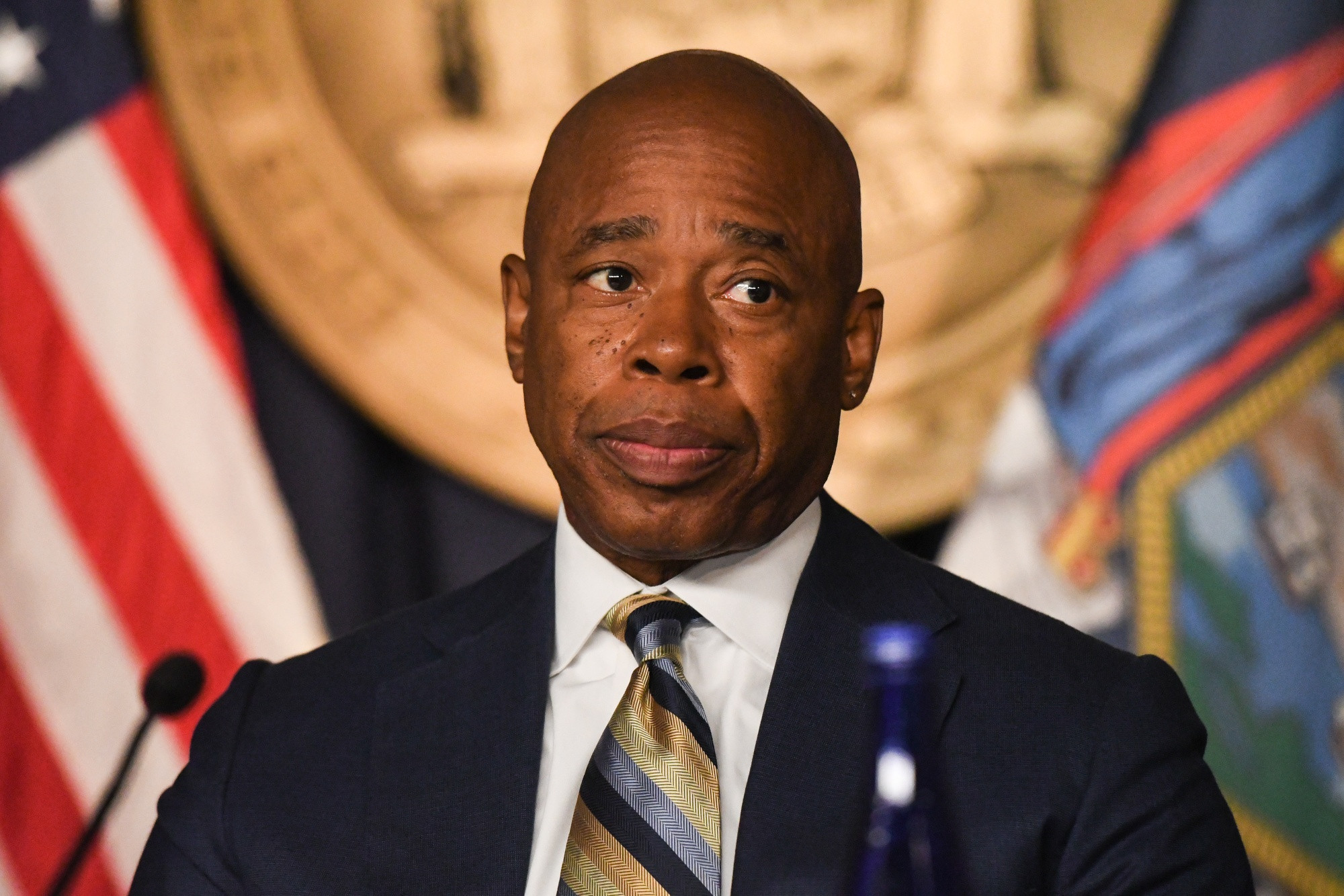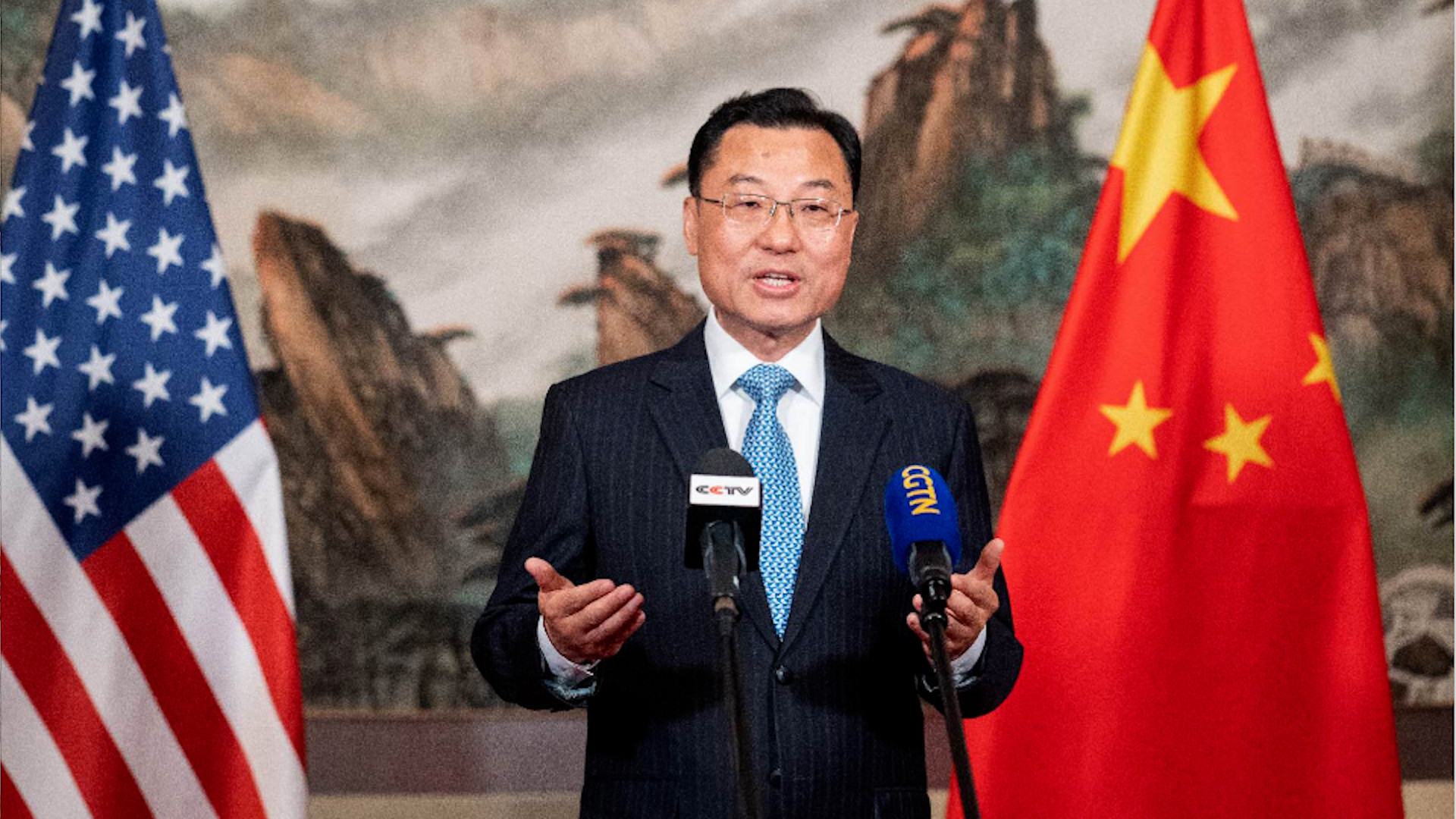The Israeli military says it is checking the possibility that the leader of Hamas was killed during an operation in Gaza. This has been the subject of intense speculation in international media and the Israeli public, with widespread coverage of the events leading up to this possibility. The military says three militants were killed in a building and that the military and Israel’s Shin Bet domestic intelligence agency are looking into whether one of them was Hamas leader Yahya Sinwar.
Sinwar is Israel’s No. 1 most wanted man in Gaza — the Israeli government believes he is the mastermind behind Hamas’ Oct. 7, 2023, attack on Israel. The attack, which killed over 1,200 Israelis and took over 250 hostages, sparked a devastating war that has continued for over a year and has cost the lives of over 42,000 Palestinians in Gaza. This is a major escalation in a decadeslong conflict that continues to plague the Middle East.
The killing of Sinwar, who was named the leader of Hamas following the assassination of his predecessor, Ismail Haniyeh, would be a major coup for Israel, especially in light of his role in the October 7 attack. This has led to a flurry of diplomatic activity between Israel and its allies, and a wave of speculation about how this event will affect the ongoing conflict.
Israel presumes Sinwar has been hiding in tunnels, with some analysts speculating he surrounded himself with Israeli hostages to protect him from assassination attempts. The military says there were no signs of Israeli hostages in the area of the building where the three militants were killed and that troops are operating in the area with “caution.”
An official familiar with the matter speaking anonymously to divulge more details said the militants were killed Wednesday in an Israeli firefight in southern Gaza. The official said a body is being checked for a match with Sinwar’s DNA. The official said that the operations in question had not intended to kill Sinwar, and DNA testing would need to be done before confirmation.
Sinwar was the leader of Hamas in Gaza when the Palestinian militant group led a surprise attack on Israel just over a year ago.
He was appointed the leader of the entire group after Israel killed his predecessor, Ismail Haniyeh, in an explosion in Tehran in July. The Israeli military also said it had killed the head of Hamas’ military wing, Mohammed Deif, in an airstrike in July. The Israeli military had earlier killed Hamas’ deputy political chief Salah Arouri in a bombing in Beirut in January.
Born on Oct. 29, 1962, according to Hamas, Sinwar helped found the group's internal security apparatus in the late 1980s. He earned a nickname among Palestinians: the “butcher of Khan Younis,” where he grew up in the southern Gaza Strip. This moniker reflects his reputation for ruthlessness and brutality, a reputation that was solidified during his time as head of Hamas’ internal security service, al-Majd, which was responsible for identifying and eliminating alleged collaborators with Israeli authorities.
Sinwar was seen as a hard-liner within Hamas, less likely to reach a ceasefire deal with Israel than other more pragmatic leaders. He was believed to have been directing operations from the group’s extensive tunnel network underneath the Gaza Strip, communicating with the outside world by means of handwritten notes delivered by couriers to avoid Israeli air strikes that have killed tens of thousands of Palestinians in the besieged coastal enclave.
Yahya Sinwar’s Rise to Power: From Prison to Hamas Leadership
Yahya Sinwar, born in 1962 in Khan Younis, Gaza, was a key figure in the founding of Hamas, joining the group in 1987 during the First Intifada. He became a close associate of Hamas co-founder Sheikh Yassin, the spiritual and ideological leader of Hamas until his assassination by Israel in 2004. Sinwar played a critical role in establishing Hamas’ internal security service, al-Majd, which was tasked with identifying and eliminating suspected collaborators with Israeli authorities. He was arrested by Israeli authorities in 1988 for his involvement in terrorist activities, including the abduction and murder of two Israeli soldiers and the murder of four Palestinians accused of being collaborators. He was sentenced to four life sentences by Israel.
Yahya Sinwar: A Devoted Advocate for Hamas and a Forceful Opponent of Israel
Despite his imprisonment, Sinwar’s influence within Hamas grew. He was known for his commitment to Hamas’ goals, his unwavering opposition to Israel, and his willingness to use violence to achieve these objectives. His time in prison did not diminish his resolve, but rather allowed him to further his understanding of Israeli society and security matters, making him a more dangerous adversary for Israel.
The Release of Yahya Sinwar: A Major Boost for Hamas
Sinwar was released in 2011 as part of the Gilad Shalit deal, an agreement between Israel and Hamas that saw the release of 1,027 Palestinian prisoners in exchange for the Israeli soldier Gilad Shalit, who had been held captive in Gaza for over five years. Sinwar’s release was a major gain for Hamas, boosting its leadership and morale. The release of a prominent and influential figure such as Sinwar highlighted the power dynamics at play in the region and demonstrated that Hamas was not afraid to use force to achieve its goals.
The Impact of Yahya Sinwar’s Potential Death: A Complex Picture
The death of Sinwar would undoubtedly have a significant impact on the conflict, but the exact nature of that impact is difficult to predict. Israel would likely see it as a major victory, potentially weakening Hamas and bolstering its position in the negotiations. However, Hamas is a resilient organization with a deep-rooted presence in the region, and it would undoubtedly seek to replace Sinwar with another capable leader. The death of Sinwar could also lead to increased instability in the region, with Hamas potentially resorting to more desperate measures.
Beyond the Conflict: A Look at the Human Cost
The ongoing conflict has had a devastating impact on the lives of ordinary Palestinians, many of whom have lost loved ones and been displaced from their homes. The conflict has also taken a toll on the Israeli population, with many Israelis living in fear of attack. The human cost of the conflict is immense, and it is something that must be considered as we reflect on the events that have unfolded.
Looking Ahead: A Call for Peace
The potential death of Yahya Sinwar underscores the need for a peaceful resolution to the conflict. It is a conflict that has taken far too many lives, and it is a conflict that has caused immeasurable suffering. It is a conflict that needs to end, and it is a conflict that can only be ended through dialogue and compromise. It is important to emphasize that there are people on both sides of the conflict who have suffered greatly, and the search for peace must involve recognizing the pain and suffering of all those affected.
This is a developing story that will be updated.




